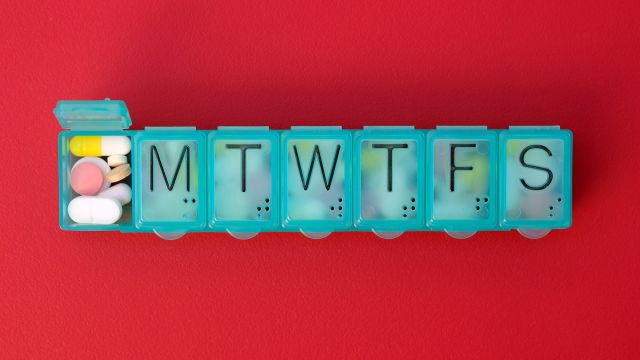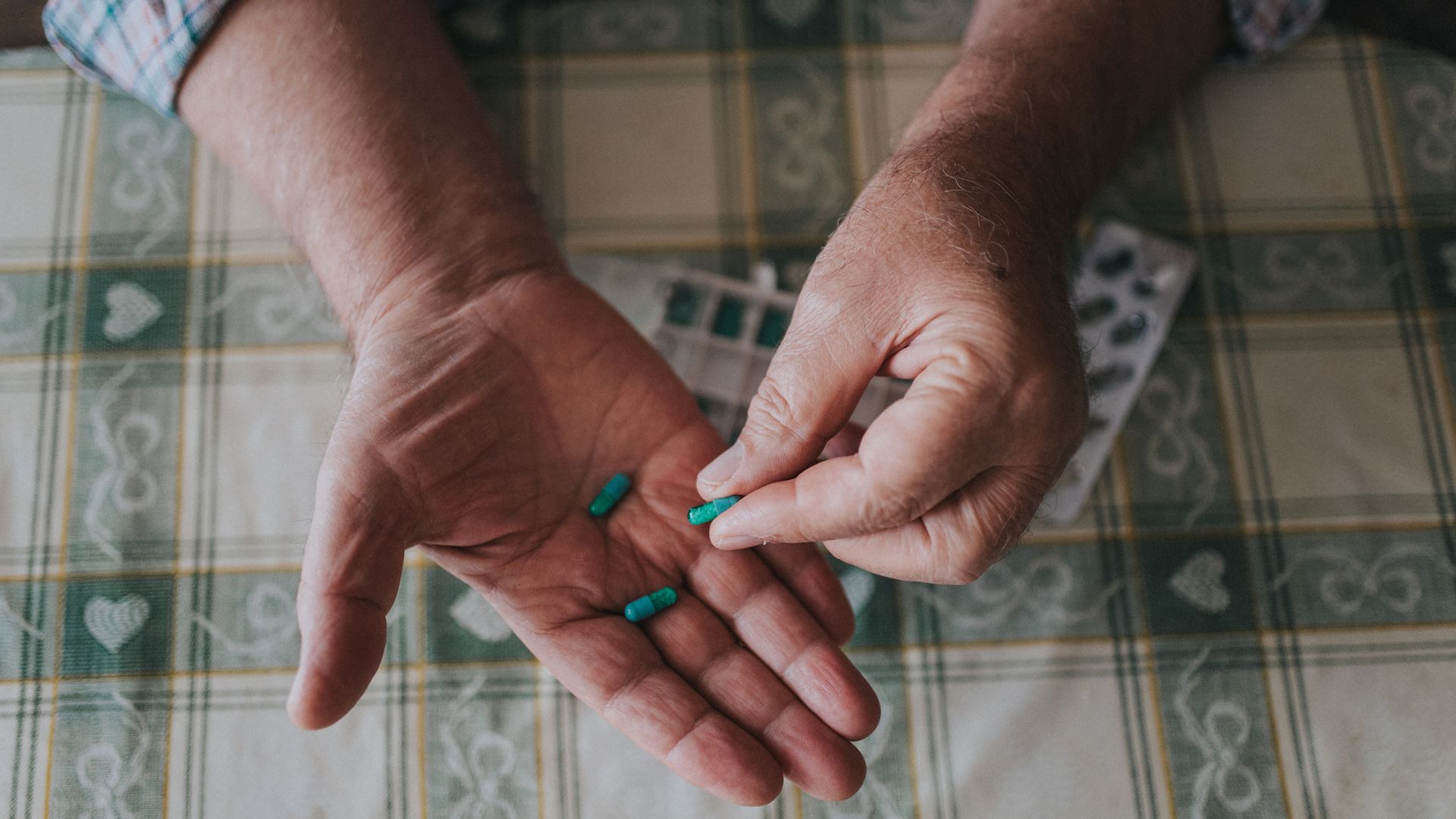If you’ve been diagnosed with leukemia, part of your treatment plan may involve taking an oral medication at home. The doses that have been prescribed to you have been set up so that the right level of medicine stays in your body. Therefore, it’s very important that you take the precise dosage, at the right time, for exactly as long as you’ve been prescribed to do. Skipping a dose or taking it at a different time of day than you’re supposed to, for example, can affect how well the treatment is working.
Here are some tips and recommendations to assist you in staying on track with taking your oral medications and help ensure they’re doing their job.
Set a reminder alert or notification
In need of a gentle nudge to remind you to take your medication on time? Consider an alarm, alert, or a pill reminder app. It’s best to do this on a device that you’ll always have close by, such as your cell phone. Most mobile phones allow you to set multiple alarms, so if your prescription calls for you to take your medication more than once a day, you can set separate alarms for those specific times. The alarms can also be set up to be recurring, meaning they’ll go off each day without you having to reset them.
Tie your medication doses to daily activities
Perhaps you always walk the dog at 7:30am. Or maybe your 9:00am breakfast is your favorite daily ritual. You can use these activities that are ingrained in your day to help make taking your medication a part of your regular schedule. Just make sure you’re adhering to the dosing rules in terms of whether to take the medication with or without food, for example. And also be aware of changes to your daily routine (such as if you go out of town), in which case, setting an alert on your phone may be a safer option. It can also be helpful to keep your medications where you will notice them, such as the place you sit when you eat breakfast, or near your toothbrush.
Purchase a pill organizer
Found at most pharmacies, a pill box can serve as a handy little organization tool for your medications (and a visual reminder, too). The box is split into individual sections, with one section for each day of the week. Pill boxes are especially useful if you take multiple medications a day; they can simply be filled up at the start of the week. They easily fit into travel bags or purses but just remember that if you’re traveling by plane, for example, you should keep your pills with you (vs. putting them in a checked bag) should your luggage get lost.
Be smart when storing your medications
Make sure you’re clear about the appropriate temperature in which to store your medications. Some medications can lose potency or effectiveness in extreme conditions—such as a hot car or a refrigerator—or even in an environment that gets a lot of steam, such as the bathroom. And as with all medications, take care to keep them out of reach of pets and small children.
Check in with your health care team about any side effects
If you’re experiencing any unpleasant side effects from your oral medications that are preventing you from taking them, reach out to your healthcare team immediately. These medications are important, and sometimes a slight adjustment to your prescription can lessen side effects and ensure you continue with your prescription. Just be sure you don’t make any changes unless directed by your healthcare provider.






